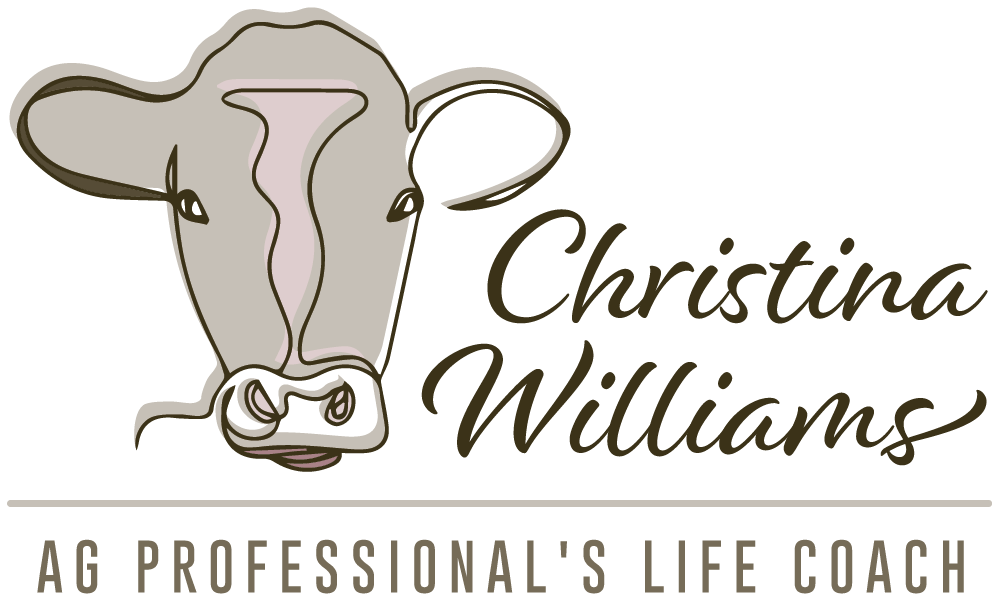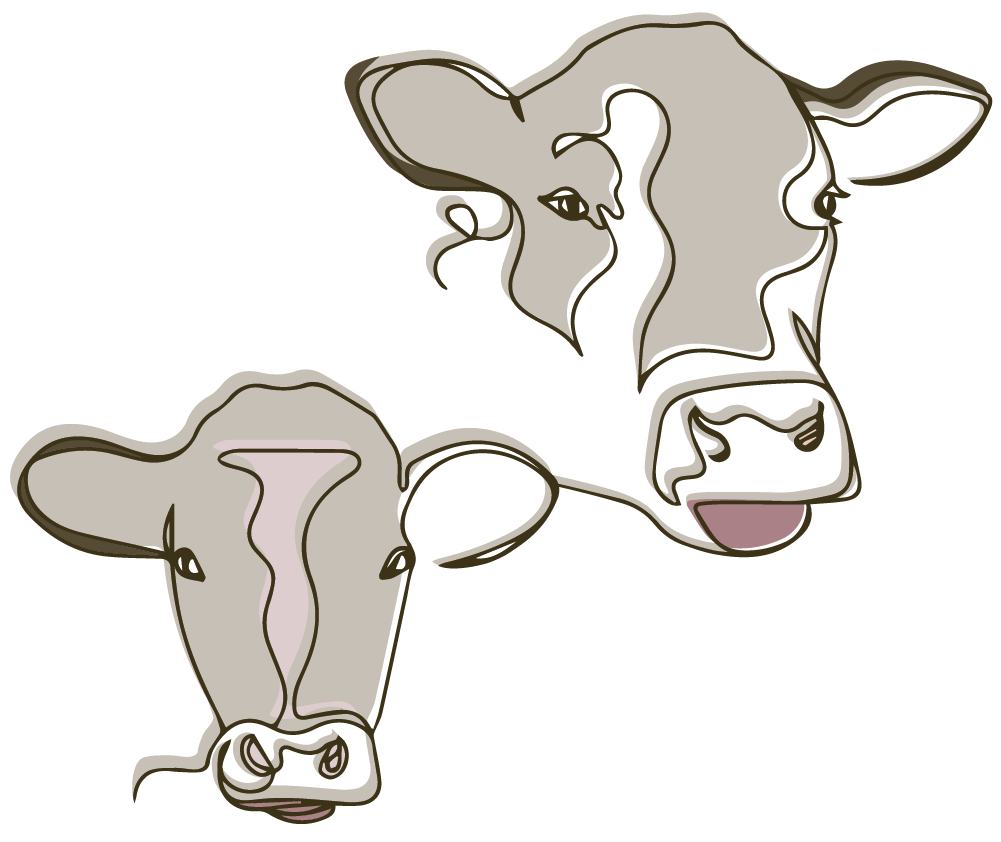Episode 8: Eye of the Professional
I am always intrigued when I talk to someone who has taken the time to become a professional in their field or if I attend an event with someone who is trained in the sport.
They see and understand so much more then I do.
They have more of an appreciation and reaction to the events then I do because they understand the meaning and are picking up on so many more details then I do.
Think about a rodeo event.
For the untrained eye – staying on 8 seconds or even less is a pretty impressive ride.
For the professional – sure the 8 seconds is important, but the movement, body position and adjustments all contribute to the score and impressive or unimpressive judgment of the ride.
Or think about the agronomists who need to be able to tell the difference between plants that look incredibly similar. Green, yellow flowers – and one is a weed and the other your crop. Crop scouting at 100 km/h and knowing if you have a problem in your field or not.
Or think about the grad student who you ask about their thesis….
It’s a dangerous question to ask because they know more details about one bacteria, or one plant, or one bug, or just one topic than you ever realized existed!
These are just a few examples of how we can train our eyes to see details and understand if those details are good or if those details are problems.
What makes us a professional or gives us the eye of a professional?
Training – this is the studying, listening to other professionals, being mentored, expanding our own knowledge
Time – this is the practice, the being interesting in it enough to learn and put in the time, go to class, talk to people, scout the fields, read the articles,
We can train our brains to pick up on specific details and know what that detail means.
We all know this is work. The agronomist didn’t learn 1000 weed species overnight – they took classes, they taped plants to their lab notebook, they made 1000’s of flash cards with all the details of each plant and its identifying features. Then they learned which ones were invasive or native to an area and then which ones had an economic impact on the crops they were producing.
Our brains can learn the details and learn the meaning.
Where do you want to have the eye of a professional?
Do you want to always see the good in a situation?
Do you want to see possibilities where others see failure?
Do you want to develop the skill to see potential in others?
Or do you simply want to have the eye of a professional in your current job and current role?
This is all possible.
We have the ability to learn anything we want to.
We have the ability to see the world any way we want to.
We can see the happiness, the hope, and the joy. Or we can see the destruction and the failure.
What do you want to see?
It will be fun.
Have a wonderful week.

